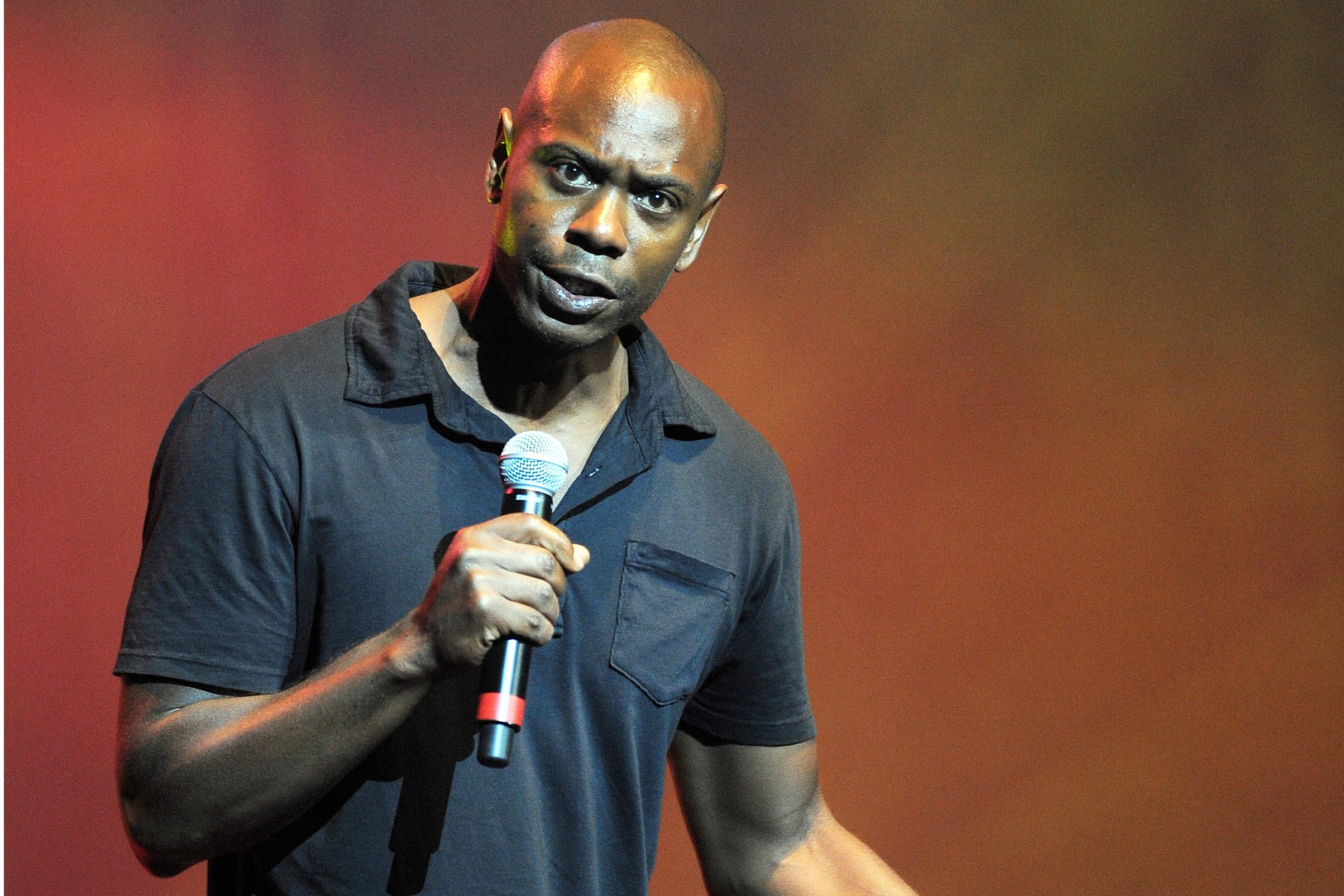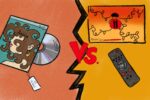Like many other people, I grew up watching “The Chappelle Show” as if it was my religion. Because of notable characters, such as Prince (Game: Blouses), Rick James (I’m Rich Bitch!) and perhaps most infamously, Clayton Bigsby, the blind, African American white supremacist who believed he was white, Chappelle was always good for a chuckle while making valid points about society in the process. Looking back now, I’m surprised his show wasn’t cancelled after the very first episode.
Chappelle had made three outstanding seasons of the program, but, before he could continue, he was offered $50 million, got cold feet and went to live in South Africa. Now back in the States, he has rekindled his need for the spotlight, and after a few shows in Detroit that everyone should just forget about (he was high, not drunk, thanks, Danny Brown), he has found his feet again, ready to take back his title from Key & Peele.
Even comedic geniuses have nights off, and, in “The Age of Spin,” the first of his two outstanding new specials that recently hit Netflix, he reveals what actually happened that night. The results were far greater then any expectations I had. Among the skits were four stories about O.J. Simpson, which helped give his set a more of a linear narrative. One of my favorites, however, was when he spoke about Bill Cosby. He noted that Dr. Cosby (anyone else shocked to hear he’s a doctor? No? Guess just the millennial generation) has done some amazing things over his life, most notably funding the P.A. system that Martin Luther King Jr. used to give his historic “I Have a Dream” speech, and sending thousands of underprivileged African American teenagers to college.
To be honest, that swayed my opinion of Cosby a little, and Chapelle’s brilliant anecdote earlier in the show about a superhero who rapes women but saves lives (“He rapes…But he saves.”) hits the nail on the head. It shows that even those who we hold in the highest of light, heroes or idols, can still be responsible for horrendous things.
The high point of this special is his recollection of the time he took his son to see Kevin Hart. The idea that arguably one of the biggest comedians in the world had anxiety about meeting another celebrity is not only hilarious, but an awkward, vulnerable state that fans wouldn’t think he would show the public.
“Deep in the Heart of Texas,” filmed in Austin, Texas, in 2015, has Chappelle bouncing through various topics; however, the themes of race, bias and power take center stage. While it can feel a bit dated, with references to Ebola and the Ray Rice video, it also includes one of his best jokes, in which Chappelle hilariously re-imagines Lil Wayne as a gravel-voiced detective on “CSI.” I must note here that Chappelle’s impersonation of Wayne and, more importantly, his “white guy” voice, are truly my favorite parts of his standup.
Chappelle does something unique during his set; he sits down. Maybe about halfway through his “Texas” special, he pulls up his barstool and coolly asks the crowd for a cigarette, with a response of about a half-a-dozen cigarettes being flung on stage. It gives this special a more spontaneous feel, as if he’s improvising the whole set.
Chappelle does not use either hour to re-litigate the specific circumstances of his hiatus or mindset in 2005. But so much of his material clearly wrestles with those feelings, and his general discomfort with his fame and perceived role (most notably, when “The Chappelle Show” was on the air) as a peerless commentator on race relations in America.
“I’m not going to say nothing about the police, I’ll leave that to Chris Rock,”he said during the special.
The idea that stand-up comedy exists in a directly political realm, one in which you might attend a show hoping to hear the thoughts of a comedian who largely shares your worldview, is a peculiar one. Most comedy is interwoven with political and societal issues, but the medium has always existed to discuss the regularly un-discussable.
Stand-up comedy stages are spaces where comedians can freely open their minds and discuss their darker thoughts. Comedy can be polemical and take on the appearance of a simple rant, but even those can happen in character, revealing a side of a comedian’s personality that otherwise wouldn’t be exposed.
In these specials, there is evidence that Chappelle is still the great fearless and gifted storyteller that he’s always been. Yet, Chappelle hasn’t changed at all, as he feels genuinely captivating when he lays bare his own flaws for us all to witness. His honest reactions to his own segments, and the audience’s responses to those segments, exemplify his place in the comedic sphere as a rare, bona fide comedian.
Having used a looser approach to sell a shaggier, more anecdotal form of comedy, Chappelle makes a glorious return to the platform that made me an even bigger fan than I was when I was little, religiously watching “The Chappelle Show.” When I think about who the most influential comedians of my generation are, Chappelle and Kevin Hart are neck and neck. Just don’t tell Chappelle I’m wearing a “K-Hart” jersey while writing this piece.

















